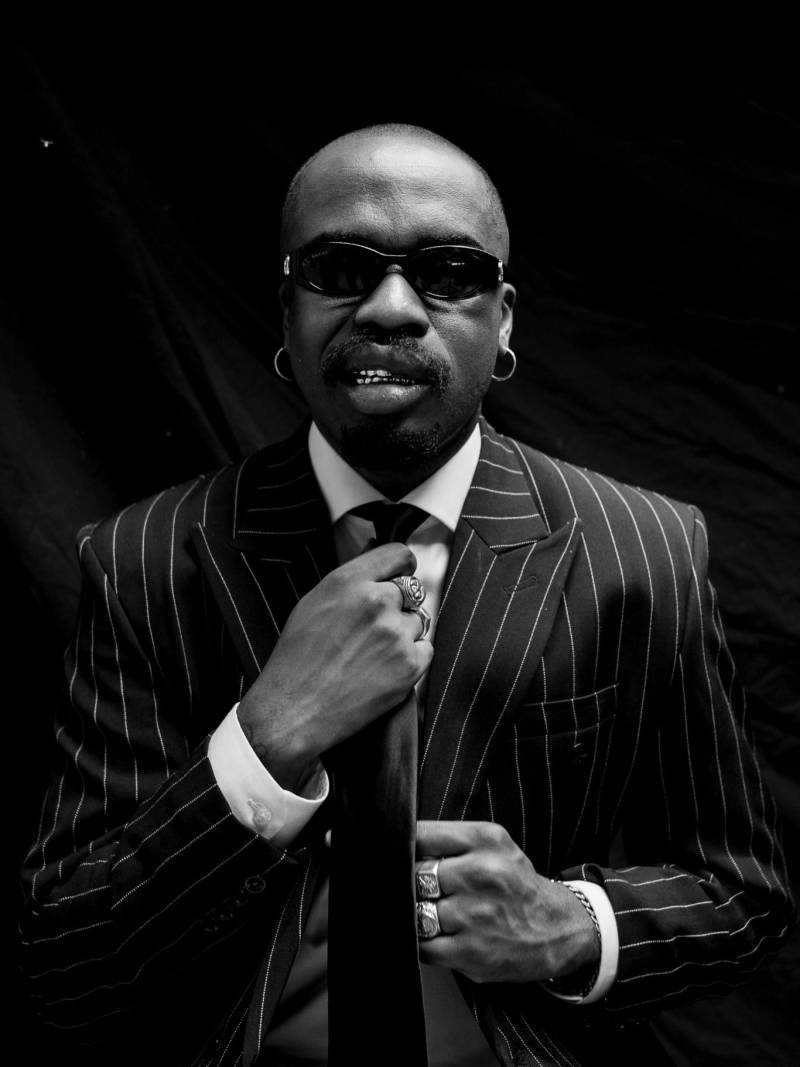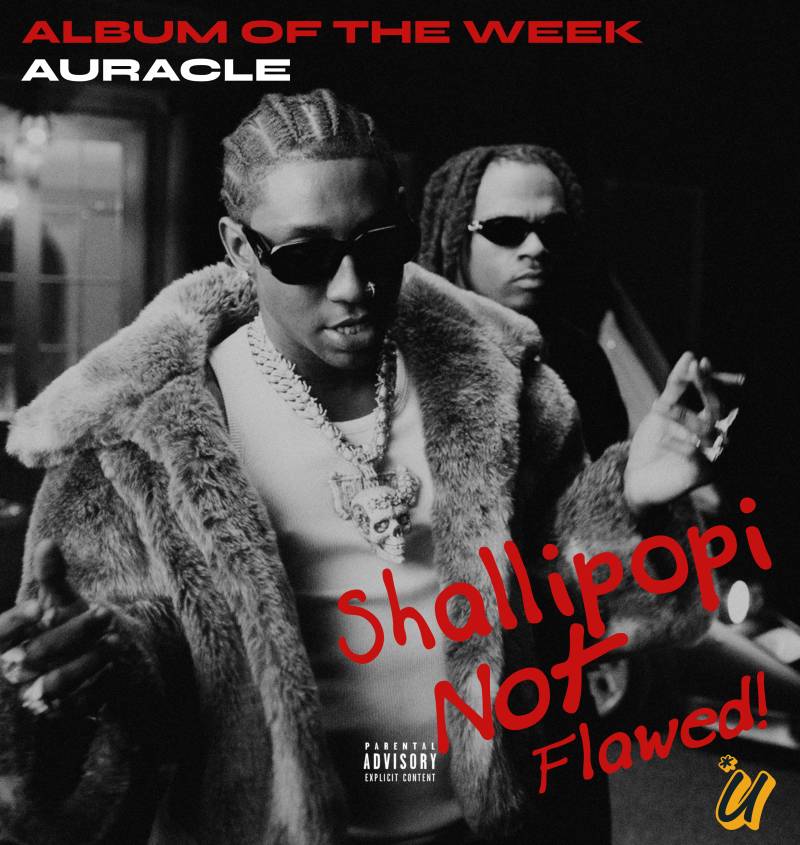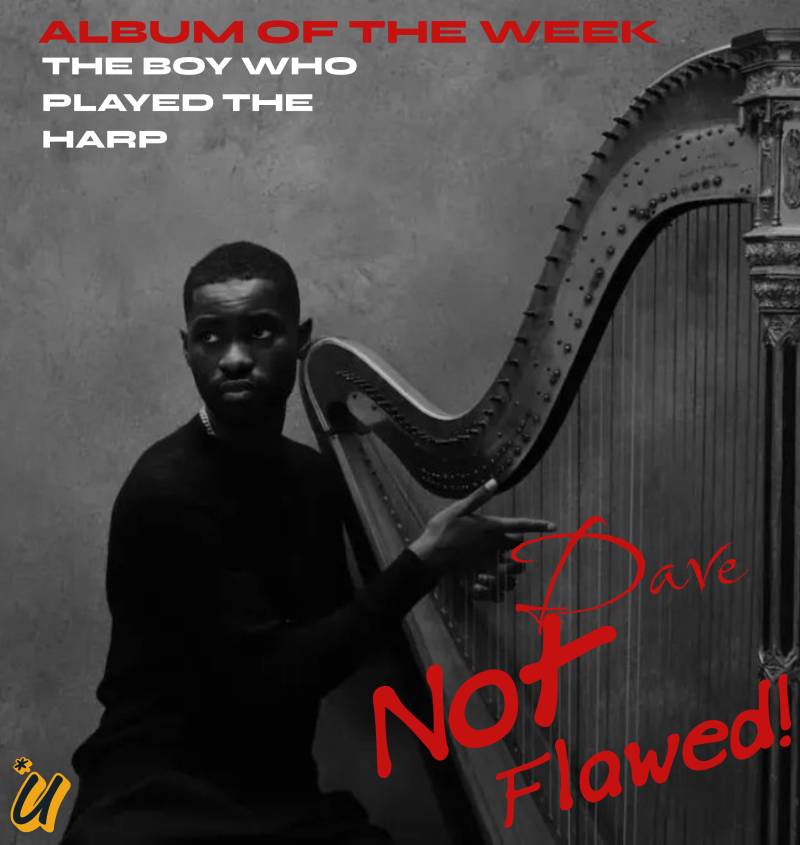Joe Rogan's apologies for using the N-word multiple times on episodes of Rogan's podcast has been dismissed by Samuel L. Jackson.
India Arie, a Grammy Award-winning artist, was the first to call out Rogan's usage of the N-word, sharing a video compilation of Rogan using the racial epithet over two dozen times on Instagram last month. Rogan apologized for using the N-word, but he also labeled the criticism "political assassination."
"There's a lot of stuff from past episodes of the podcast that I wish I hadn't said or stated better," Rogan added, calling his use of the N-word "the most regretful and ashamed thing I've had to talk about publicly” and that many of the clips Arie shared were “taken out of context of 12 years of conversations on my podcast.
"I know there's no scenario in which a white person is ever permitted to speak that word, and I agree with that today," Rogan said. "That's been years since I've uttered it."
"He is claiming nobody understood the context when he said it, but he shouldn't have said it," Jackson told The New York Times regarding Rogan's N-word use and apologies. It's not the context, buddy; it's the fact that he felt at ease doing it. Say you're sorry because you want your money back, but you were having fun and did it because it was amusing."
Using the N-word in the media, according to Jackson, is only allowed when it is "an aspect of what the narrative is about." A story is context — but just to elicit a laugh? That’s wrong.” Jackson then turned to his frequent collaborator Quentin Tarantino, who is often criticized for using the N-word repeatedly in his screenplays. Jackson views Tarantino’s stories as giving proper context to the use of racial slurs. Tarantino’s slavery film “Django Unchained” includes the N-word hundreds of times, but Jackson has long maintained the film’s dialogue is authentic to its 1850s setting.




